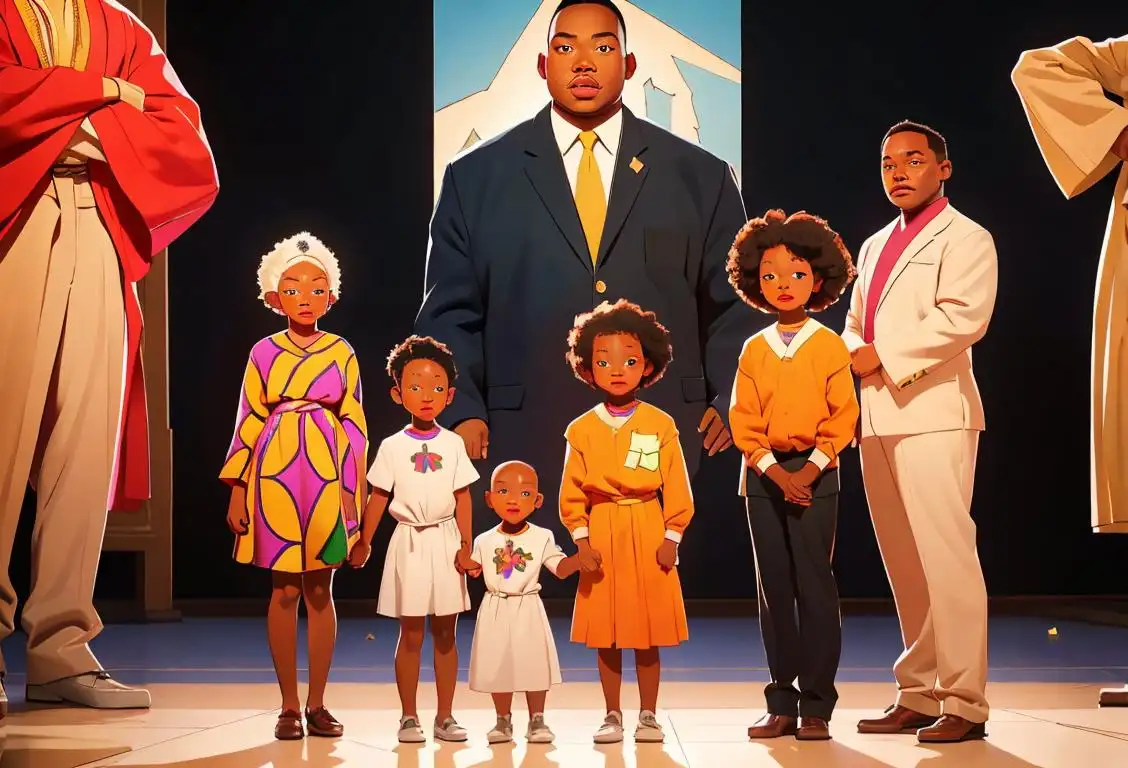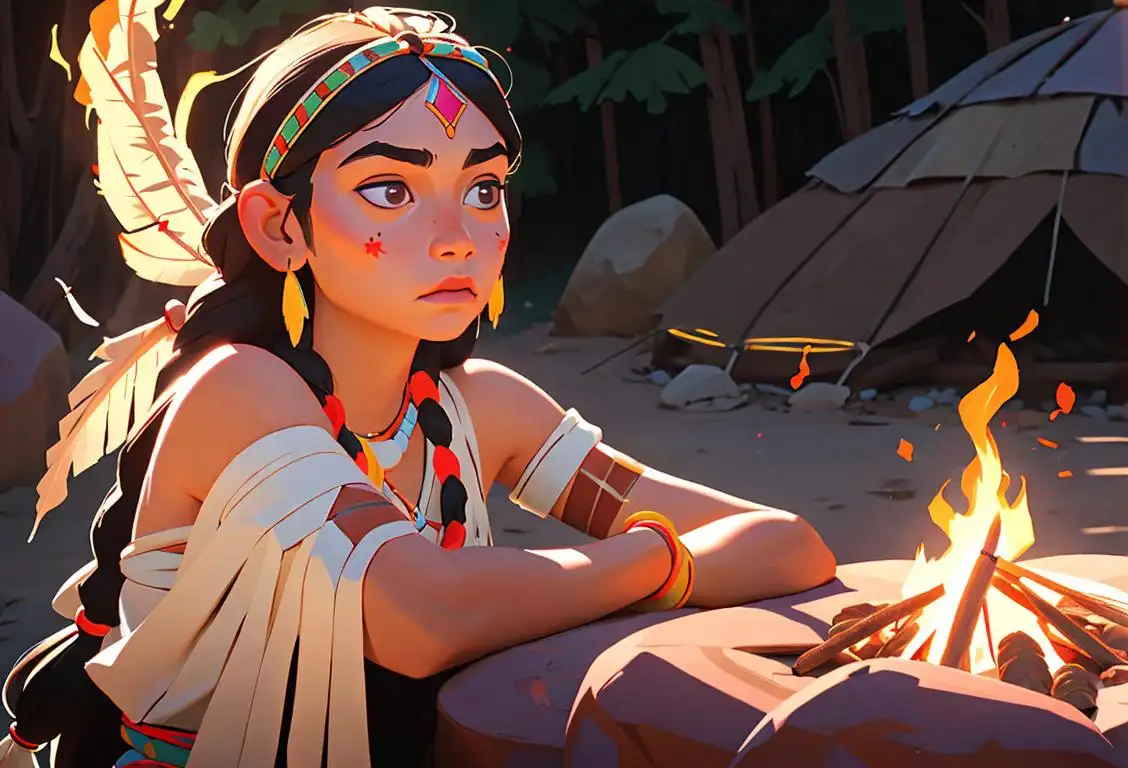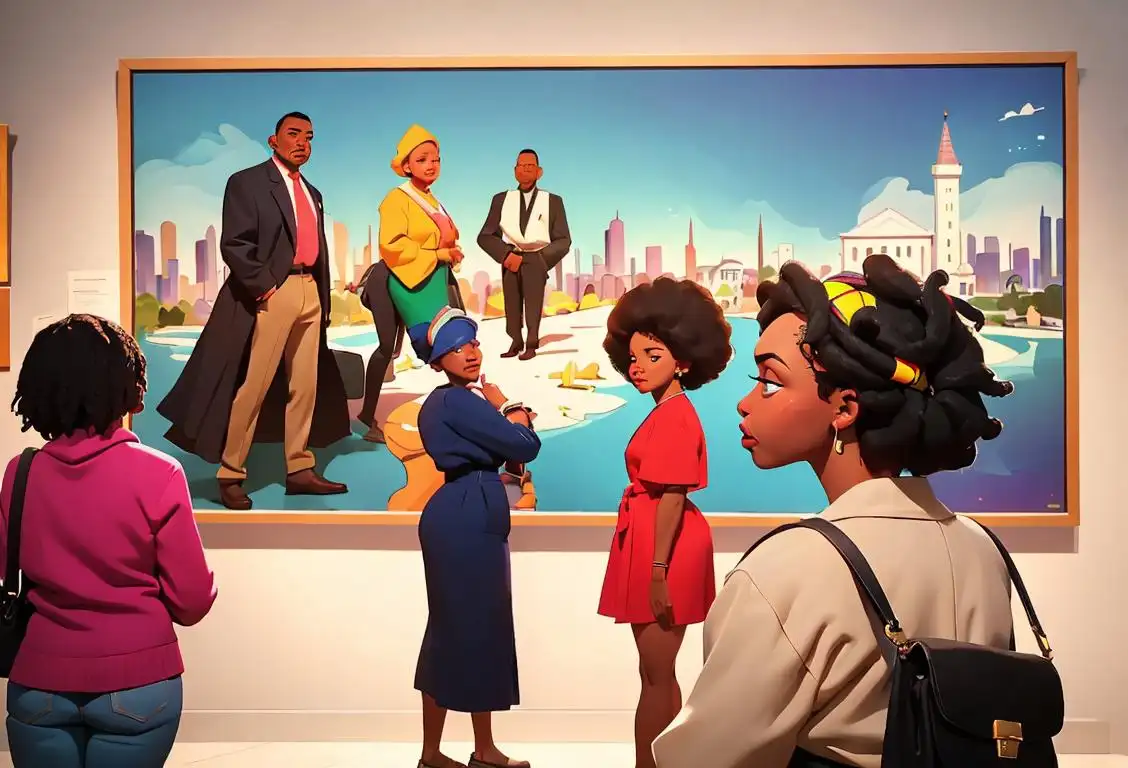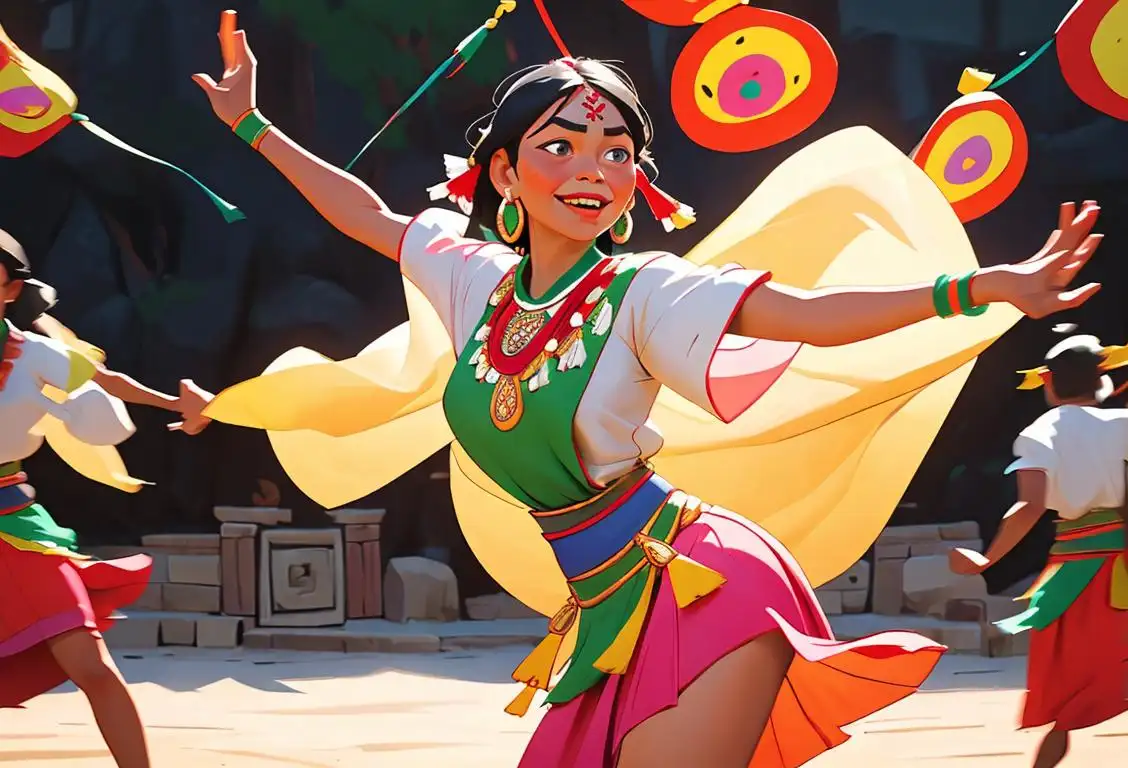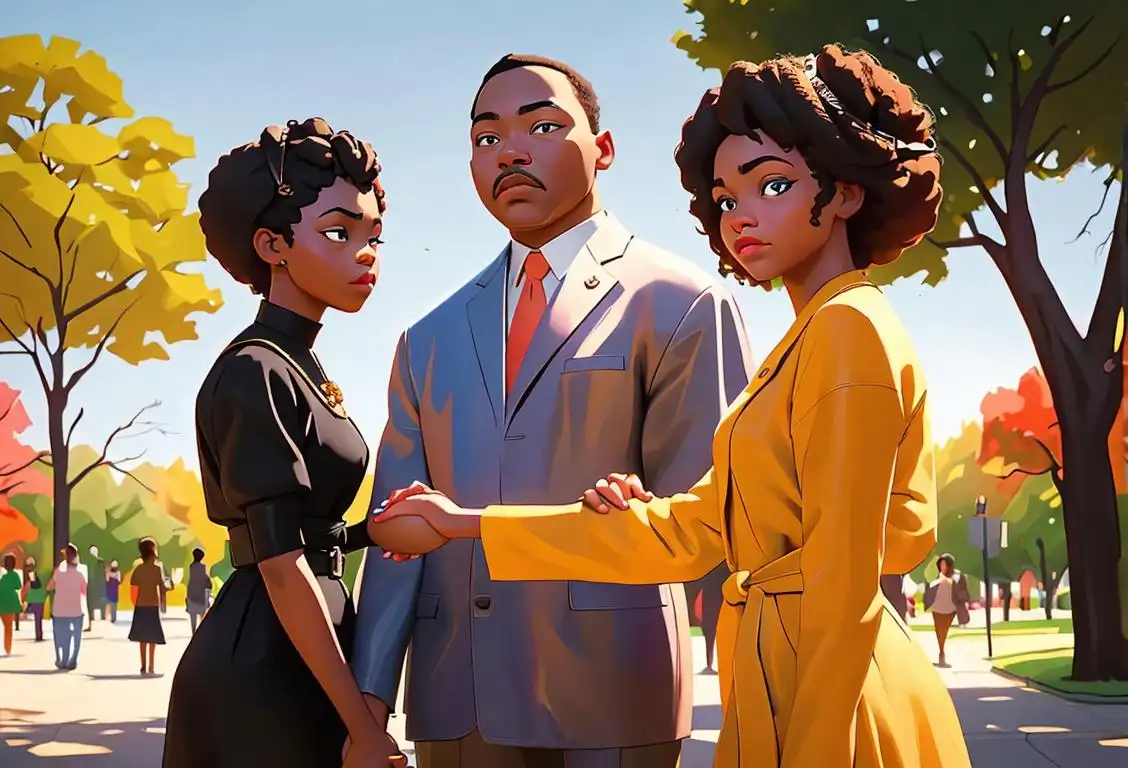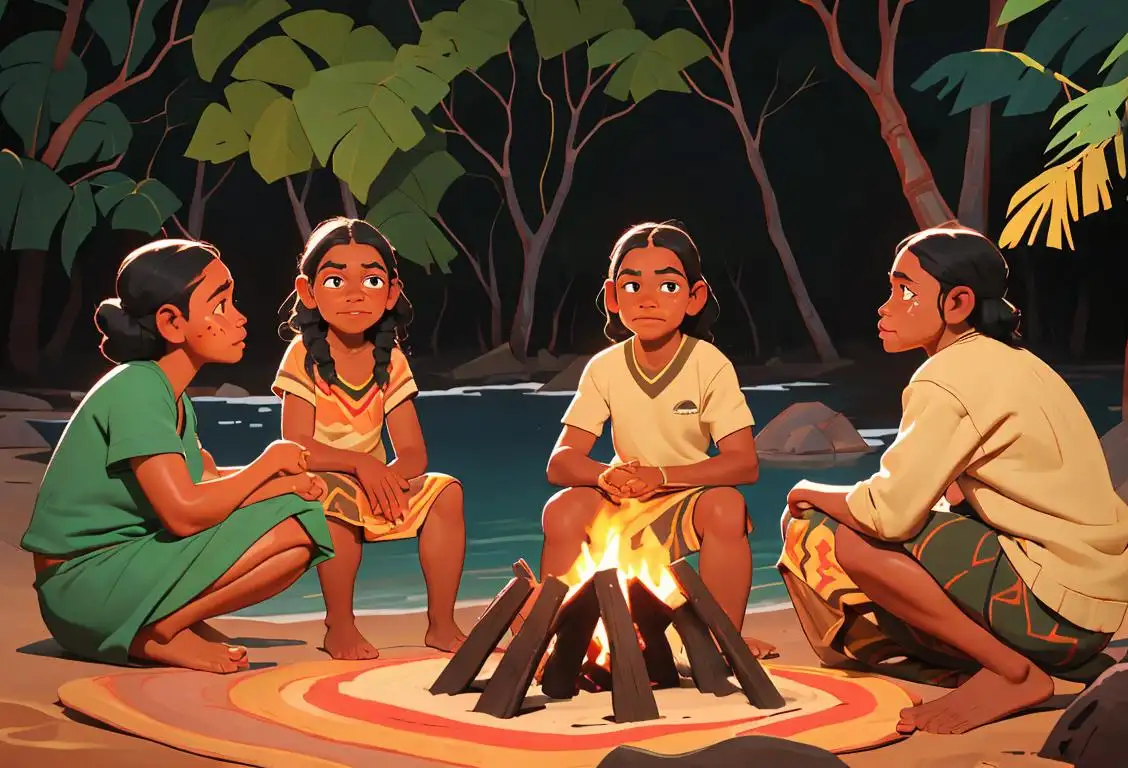National Indigenous History Month And Indigenous Peoples Day
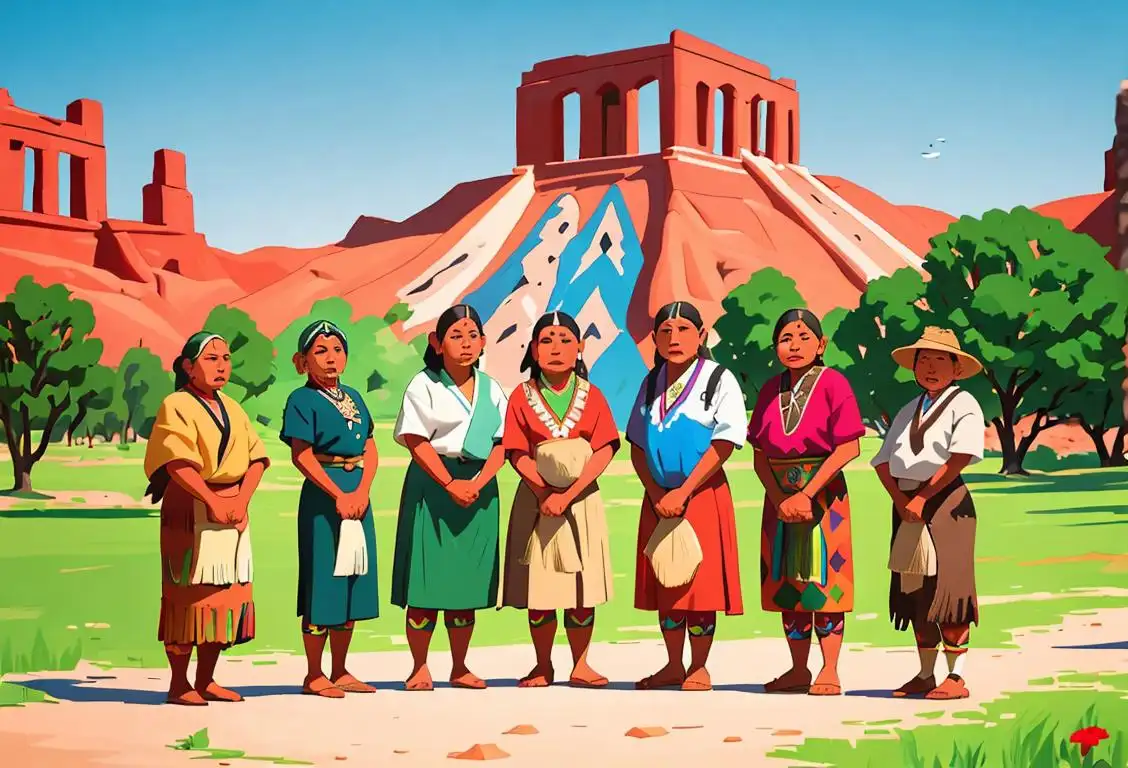
Hey there, history buffs and celebration enthusiasts! Get ready to dive into the fascinating world of National Indigenous History Month and Indigenous Peoples Day. This article will uncover the internet and actual national history behind these important days, while keeping things light, fun, and informative. So buckle up and let's embark on an educational adventure!
When is Indigenous History Month And Indigenous Peoples Day?
It's national indigenous history month and indigenous peoples day on the 1st June.
The Origins of National Indigenous History Month
Did you know that National Indigenous History Month is celebrated every year in Canada during the entire month of June? It's a time to honor and recognize the rich heritage, culture, and contributions of Indigenous peoples in Canada. This special month highlights the historical significance and ongoing struggles faced by Indigenous communities.
The roots of National Indigenous History Month can be traced back to 1996 when Governor General Roméo LeBlanc declared the first National Aboriginal Day on June 21st. The purpose was to celebrate the diverse cultures and traditions of the Indigenous peoples and foster mutual understanding between Indigenous and non-Indigenous communities.
In 2009, the National Indigenous History Month was officially recognized by the Canadian government, expanding the celebrations to the entire month of June. The aim is to provide a platform for Indigenous voices, promote cultural understanding, and create opportunities for Indigenous peoples to share their stories and experiences.
The Significance of Indigenous Peoples Day
Indigenous Peoples Day, on the other hand, is celebrated in various countries around the world to honor and acknowledge the contributions of Indigenous peoples. This day offers an opportunity to reflect on the history and culture of Indigenous communities and raise awareness about the challenges they face.
In the United States, Indigenous Peoples Day falls on the second Monday of October and serves as an alternative to Columbus Day. The intention is to shift the narrative away from celebrating Christopher Columbus, who represents a painful history of colonization and the mistreatment of Indigenous peoples.
By recognizing Indigenous Peoples Day, individuals and communities strive to promote cultural diversity, elevate Indigenous voices, and foster understanding and respect for Indigenous cultures, traditions, and rights.
History behind the term 'Indigenous History Month And Indigenous Peoples'
1972
International awareness
The year 1972 marked a turning point for the global recognition of indigenous peoples. The United Nations established the International Day of the World's Indigenous Peoples to promote and protect the rights of indigenous communities worldwide. This initiative aimed to shed light on the unique struggles, cultures, histories, and contributions of indigenous peoples.
1994
National recognition
In the United States, the first steps towards recognizing the history and impact of indigenous peoples began in 1994. Congress designated the month of November as National American Indian Heritage Month, later renamed National Native American Heritage Month. This designation aimed to honor and celebrate the diverse cultures, traditions, and achievements of Native American peoples.
2006
Broadening perspectives
Over time, the focus on Native American heritage expanded to include indigenous peoples from all regions of the world. In 2006, the United Nations declared the year as the International Year of Indigenous Languages, aiming to highlight the importance of preserving and revitalizing indigenous languages and promoting linguistic diversity.
2009
Recognizing ancestral history
The acknowledgment and celebration of indigenous heritage within the United States went a step further in 2009. President Barack Obama proclaimed November to be National Native American Heritage Month, acknowledging not only the historical significance but also the modern-day contributions of Native American peoples.
2021
Dedicated month for indigenous history
In recent years, the emphasis on recognizing the rich history and contributions of indigenous peoples led to the establishment of Indigenous History Month. This month, observed in the United States and Canada during June, provides an opportunity to honor and learn about the diverse cultures, achievements, and ongoing struggles of indigenous communities.
Did you know?
Did you know that National Indigenous History Month is a time for celebrations, cultural festivals, and educational events throughout Canada? It's a fantastic opportunity to immerse yourself in the rich and vibrant Indigenous cultures of the country.Tagged
awareness history cultureFirst identified
1st June 2018Most mentioned on
1st June 2018Total mentions
25Other days
Black Women Appreciation Day
Black People Day
African American Museum On Mlk Day
Native American Heritage Day
African American Museum At Not Having To Spend Mlk Day
Aborigines Day
History Day
Indigenous Day
African American Museum In Observance Of Martin Luther King Day
Aboriginal And Torres Strait Islander Day


